
Sussex Wildlife Trust says it is "delighted" that Dolphin Head has been officially designated as a Highly Protected Marine Area
The area off the Sussex coast, is one of only three English sites designated as a Highly Protected Marine Area - it earned it's new status yesterday (July 5).
Dolphin Head covers an area of 466Km2, lying approximately 55Km from the Sussex coast – and as from July 5, Sussex WildlifeTrust (SWT) says we will soon see all damaging activity in this vast area prohibited.
Following decades of bottom-towed trawling, the site is degraded; however, the new protection afforded to the site represents an opportunity to fully recover the ecosystem.
The site is a hotspot of biodiversity within the English Channel owing to the variety of habitats found there. These include rocky reef, areas of mixed sediments, and Ross Worm reefs, which create complex habitat on which many other species make a home. The area is also used by numerous seabirds and marine mammals, including Risso’s Dolphins and Harbour Porpoises.
Following recommendations set out in the Benyon Review in 2020 and a period of site selection and consultation, Dolphin Head is one of the three sites which have been designated as Highly Protected Marine Areas (HPMAs).
It will be afforded the highest level of protection of any marine protected area in English waters (alongside Allonby Bay, off the Cumbria coast, and North-East of Farnes Deep, in the North Sea).
This new designation will ban all damaging activities within the boundaries of the site. Unlike other types of marine protected area, this whole-site protection will mean the entire marine ecosystem is protected, rather than specific features.
The designation of HPMAs will act as a mechanism for marine recovery and should contribute to the Government’s commitment to protect 30% of our seas by 2030. HPMAs will also act as a natural solution to help store carbon and tackle climate change, as well as generating benefits through tourism, recreation and marine education.
But SWT says we need far more. Currently there is a network of Marine Protected Areas, covering 40% of English seas, but these designations do not automatically prevent damaging activity. Many of these places act as multi-use areas, where commercial fishing, offshore development and cabling are all allowed. SWT says there is still a significant job to do before we can say the UK is a world leader in marine conservation, but today is an important first step.
Sussex Wildlife Trusts’ Living Seas Officer, Sarah Ward says:
“We are more than delighted that Dolphin Head has been designated as a HMPA. The area is known to be of high ecological value but is in a degraded state due to impacts of human activity. Now that the area has been afforded such high protection, we are excited to see the area start to recover as the pressures on the environment are removed.
“We were pleased to see that the designation of Dolphin Head as a HPMA had been supported by a wide range of stakeholders within the consultation process and that the monetised benefits of the ecosystem services provided by the site are proven to outweigh the costs.”
Dr Lissa Batey, Head of Marine Conservation at The Wildlife Trusts, says:
“After four years of campaigning for Highly Protected Marine Areas, today we’re celebrating the first three to be designated in England. This is an important first step to better protect our seas and understand how nature can recover if given the space to do so.
"But these three sites, covering just 0.4% of English waters, are not enough. We need to properly protect our existing marine protected areas and designate significantly more highly protected areas if we are to reverse decades of decline and safeguard our seas for the future.”

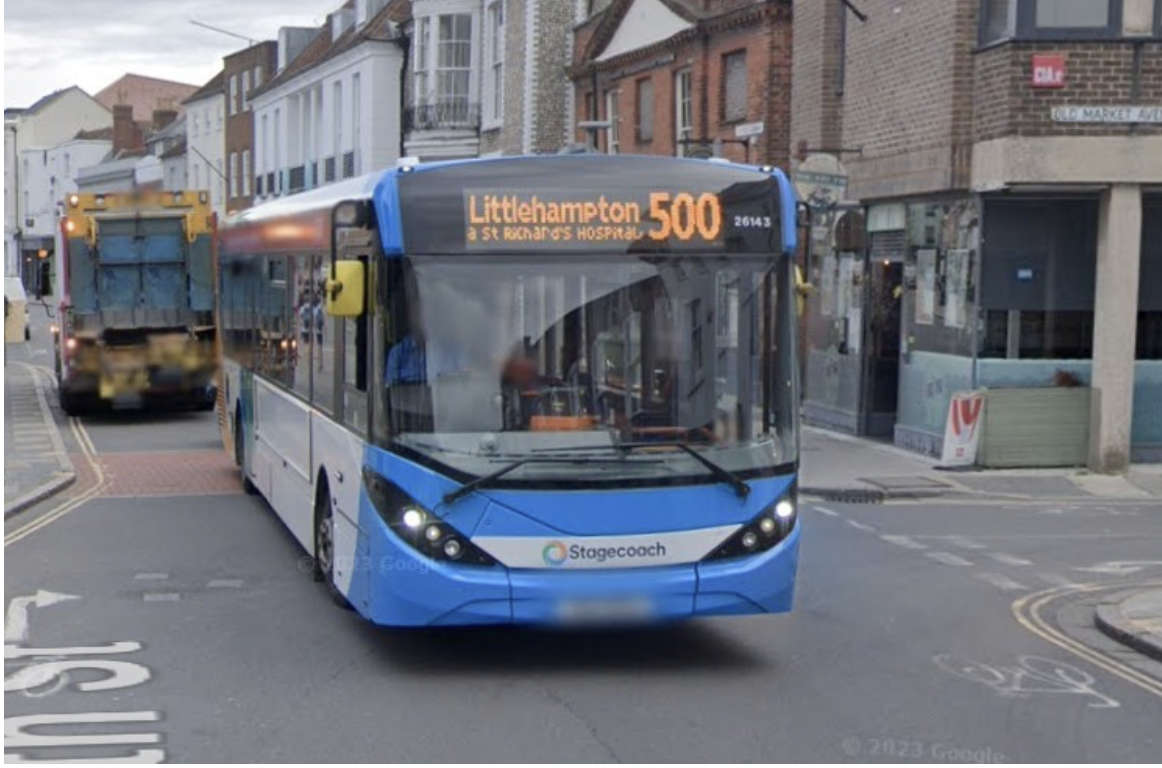 More 'Live' Bus Information Screens To Be Installed In West Sussex
More 'Live' Bus Information Screens To Be Installed In West Sussex
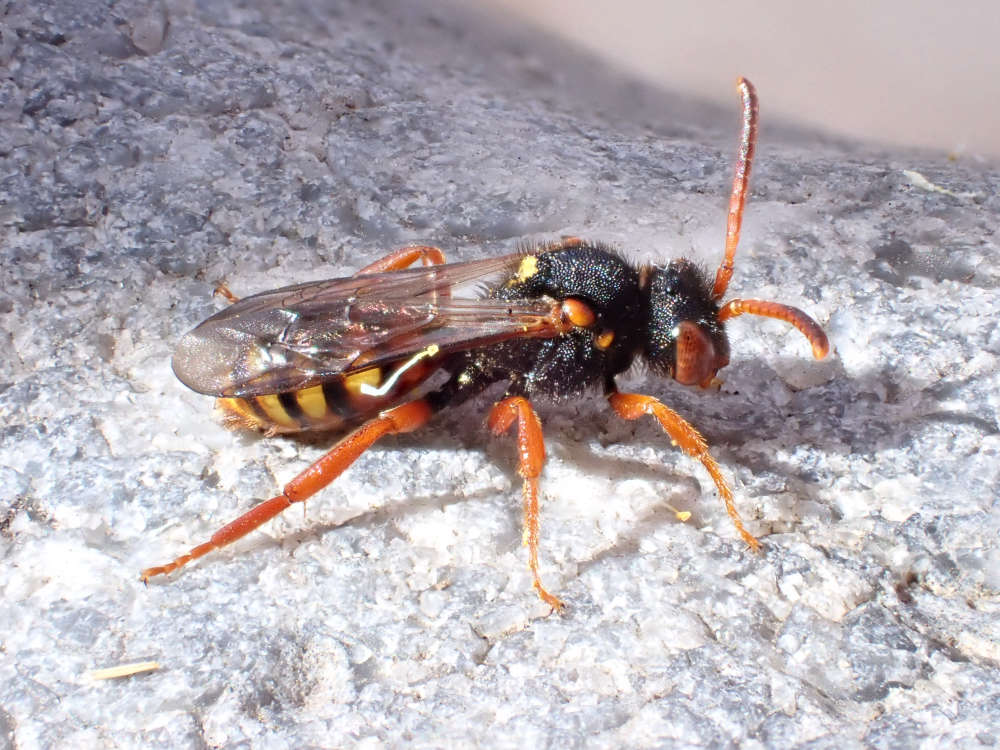 Rare Bee Found In Lewes
Rare Bee Found In Lewes
 Event Bookings Go Live For Worthing Festival ‘24
Event Bookings Go Live For Worthing Festival ‘24
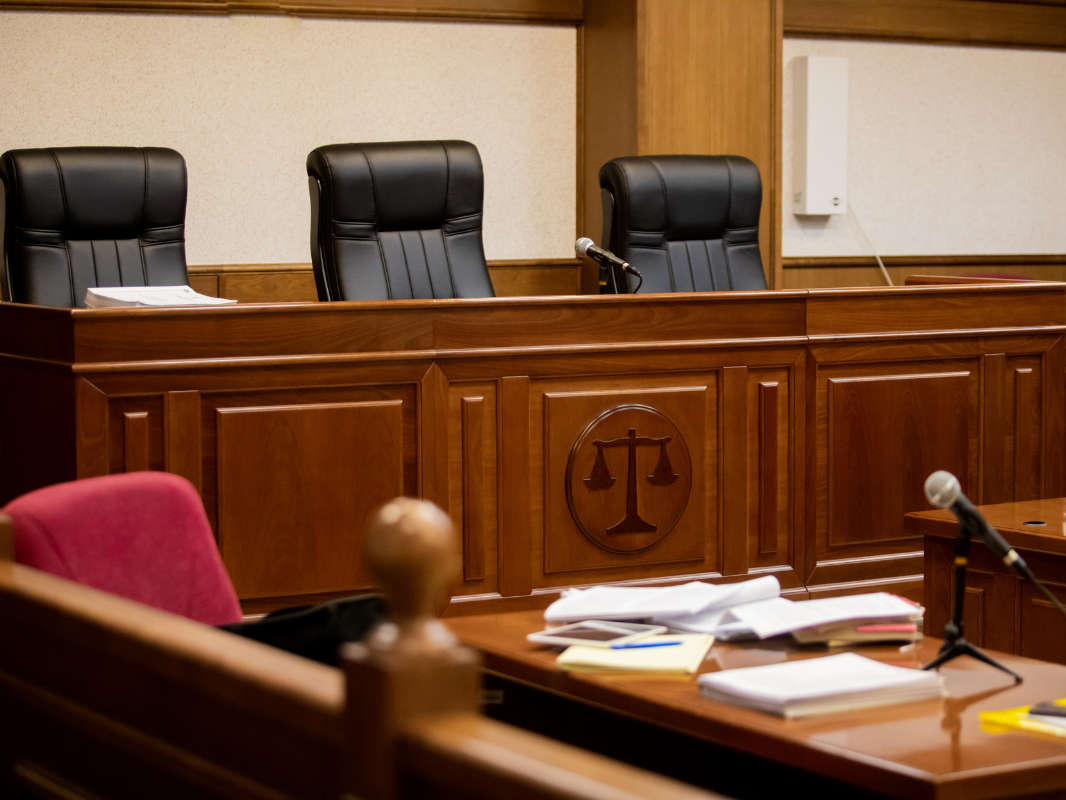 Man Charged After Throwing Brick Through Brighton Restaurant Window
Man Charged After Throwing Brick Through Brighton Restaurant Window
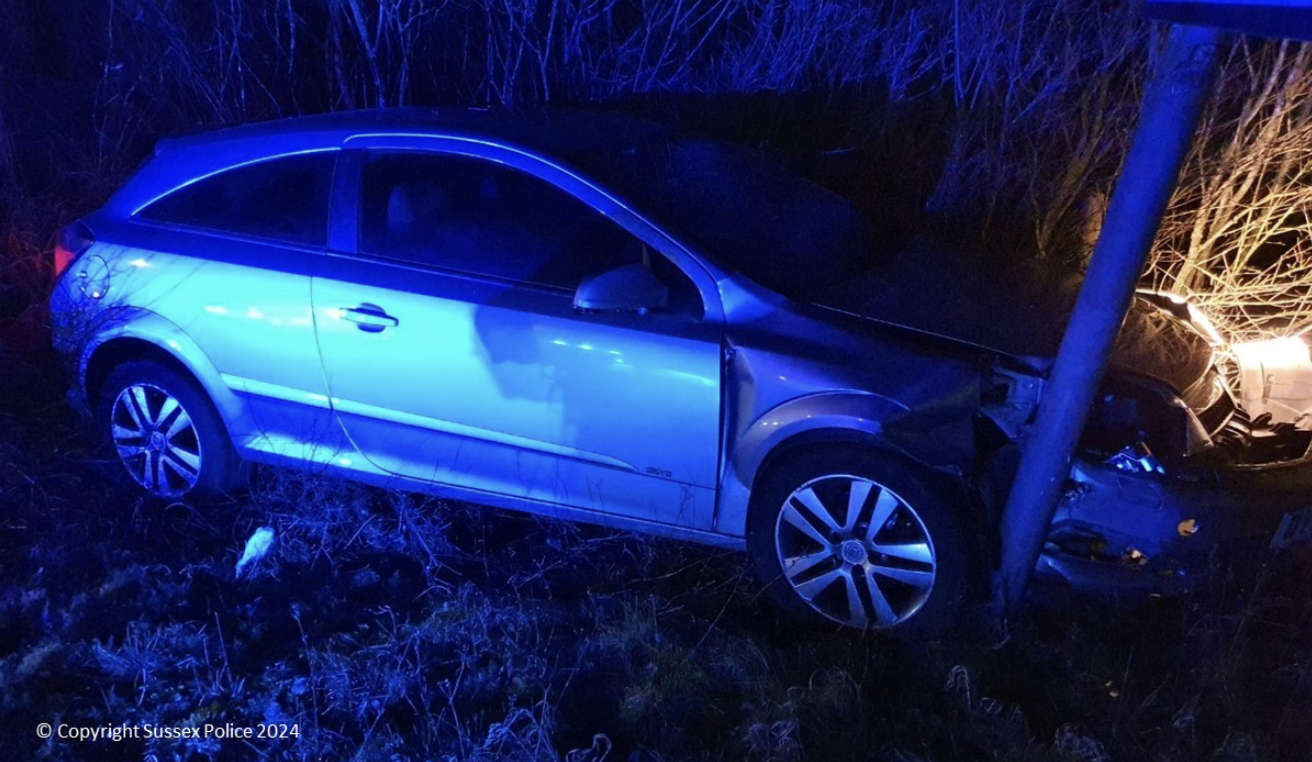 Peacehaven Man Disqualified Over High-Speed A27 Pursuit Near Brighton
Peacehaven Man Disqualified Over High-Speed A27 Pursuit Near Brighton
 Appeal After PCSO Assaulted In Uckfield
Appeal After PCSO Assaulted In Uckfield
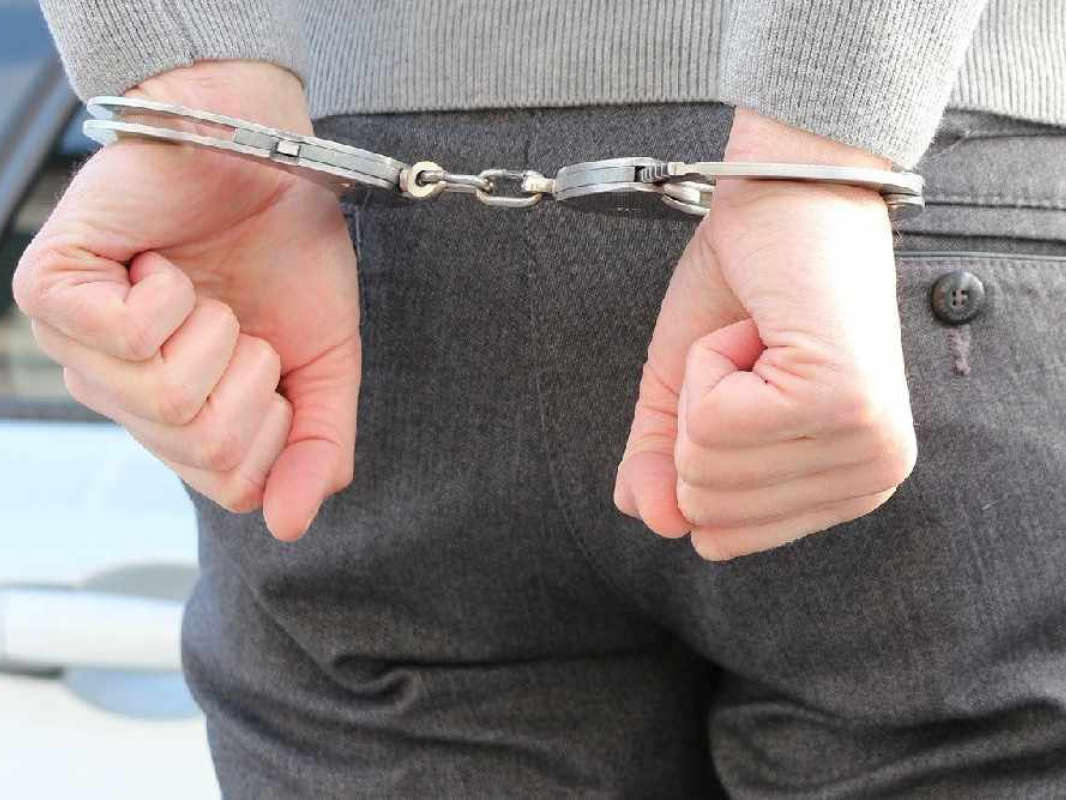 Man Charged With Rape Of Teenage Girl In Newhaven
Man Charged With Rape Of Teenage Girl In Newhaven
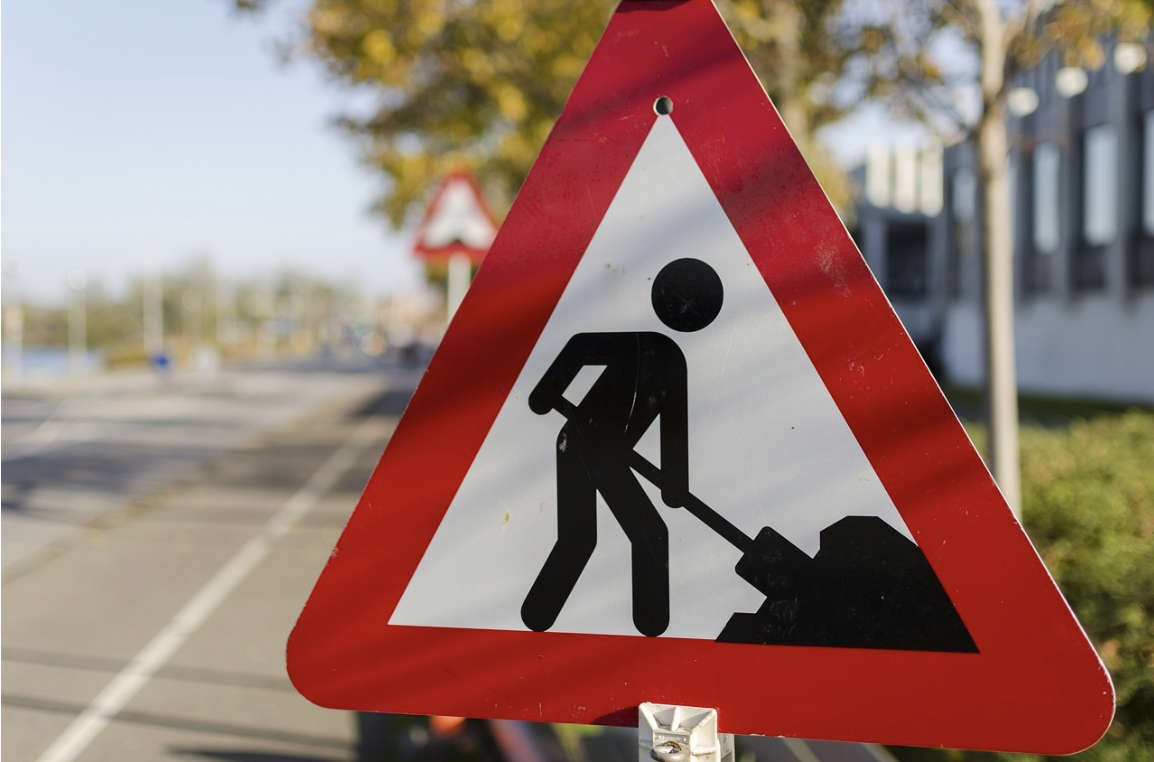 Overnight Closures For A22 Forest Row Road Improvements
Overnight Closures For A22 Forest Row Road Improvements
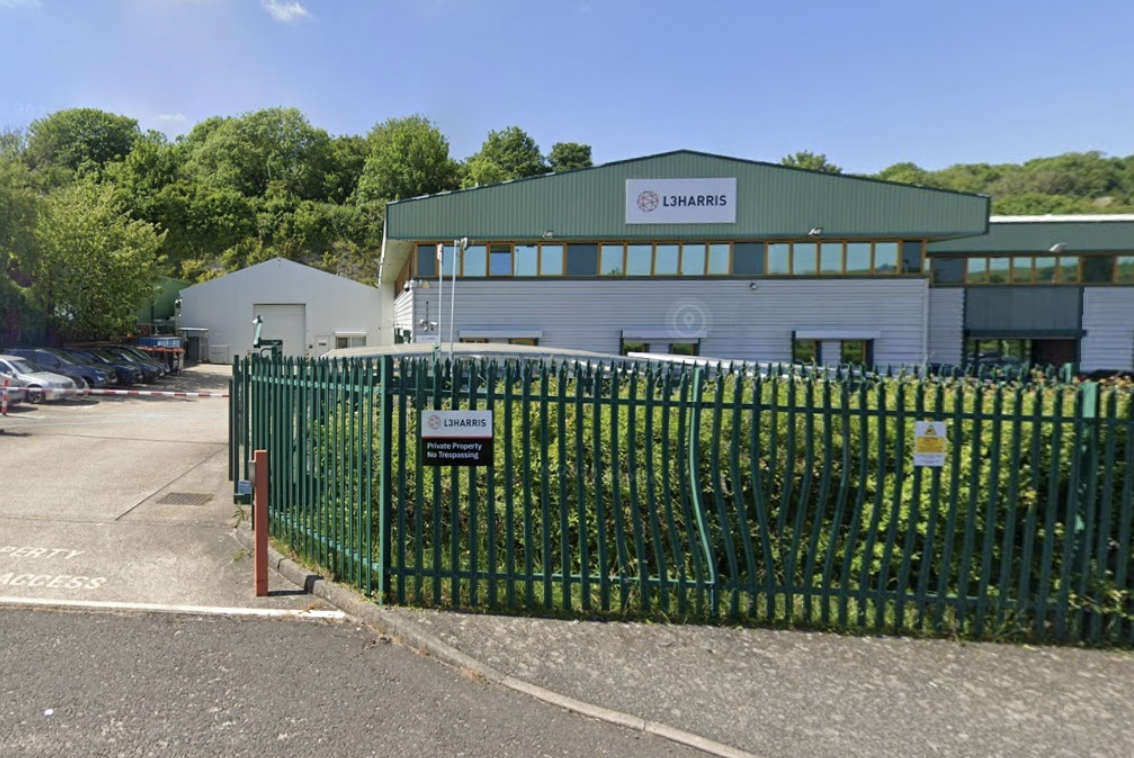 Brighton Defence Manufacturer's Controversial Planning Application Likely To Be Heard
Brighton Defence Manufacturer's Controversial Planning Application Likely To Be Heard
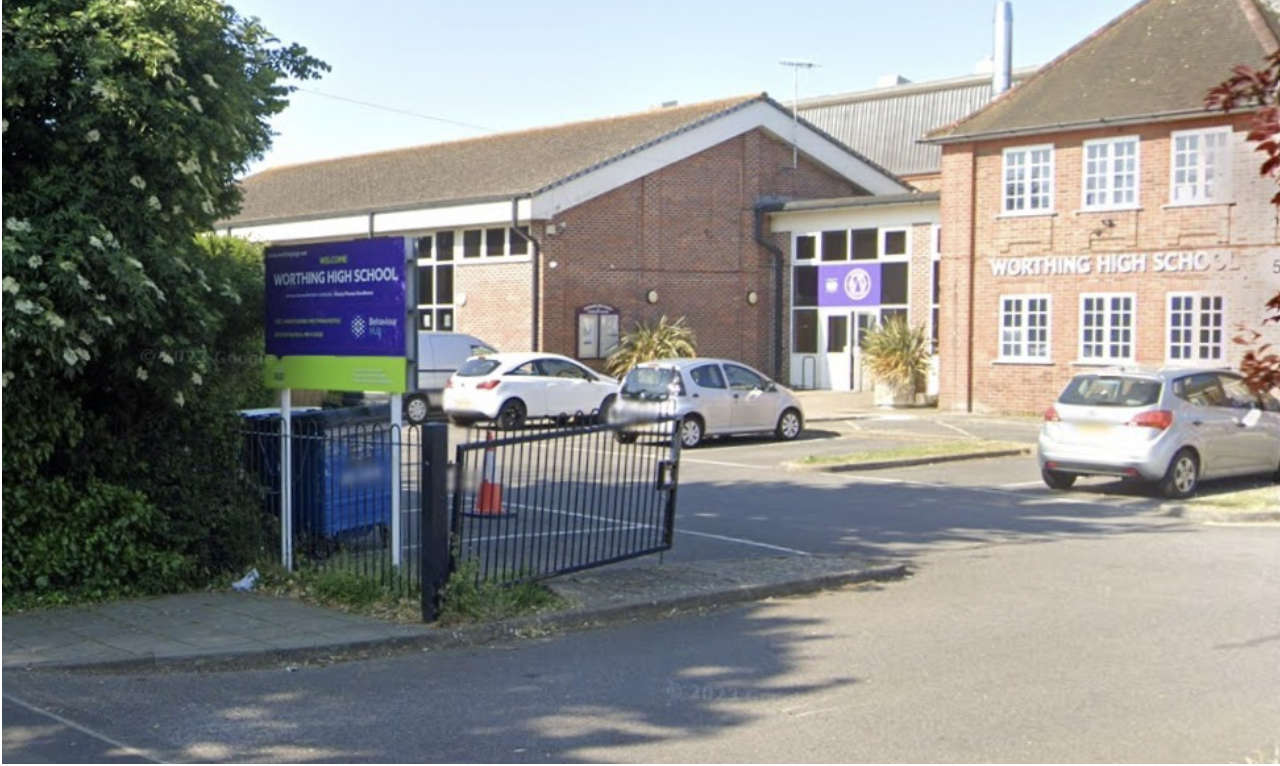 Over £2.4m Approved For Worthing School Support Centre
Over £2.4m Approved For Worthing School Support Centre